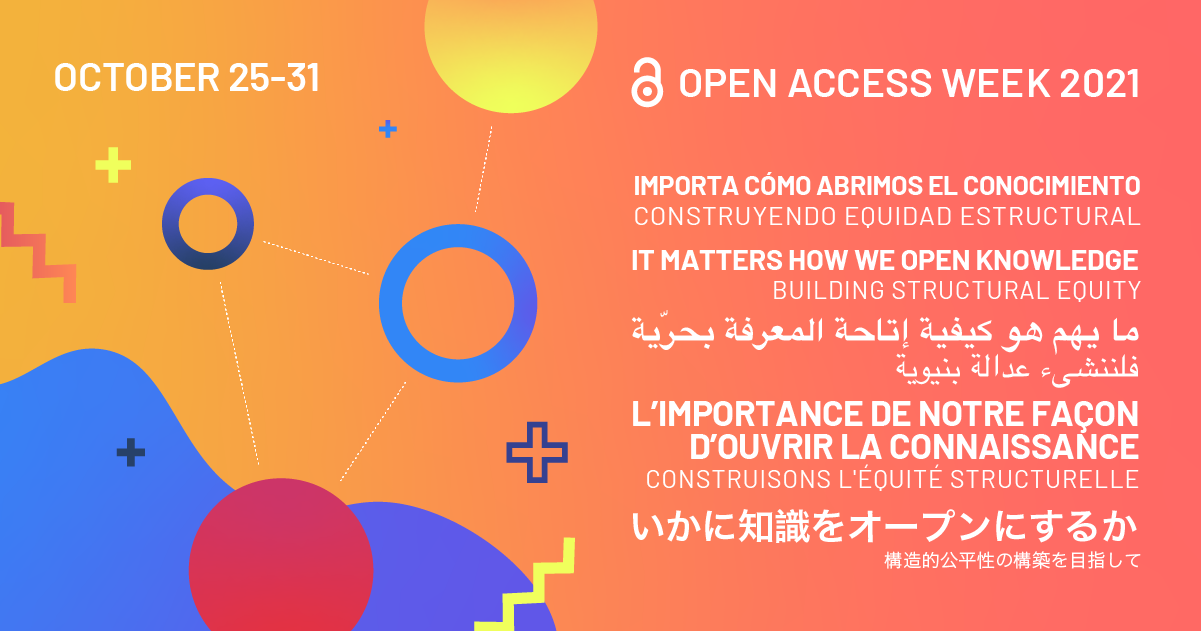In a guest post on Scholarly Kitchen, Transforming the Transformative Agreements, Bridget Shull from Cambridge University Press celebrates the recent growth of the publisher’s open access agreements with institutions in the United States, and then describes some challenges ahead from multiple perspectives. A transformative agreement fundamentally shifts journal publishing costs from payment-to-read to payment-to-publish, with the author retaining copyright, an assigned open license and the reader having barrier-free access and re-use rights. It is but one form of funding open access journal publication.
Publication fees paid on a per article basis raise new barriers, as Shull notes, and for these reasons this type of agreement will need to evolve. Tracking article-based author fees requires new and often cumbersome administrative workflows for publishers, authors and funders (most often libraries, institutions and granting agencies). As these agreements are relatively new, each publisher is figuring out how to manage them without existing standards. Many (most?) libraries and organizations do not have the means to cover the administrative costs nor the personnel to do the work. Open access publication is hindered by bandwidth blocks. More and more publishers are offering different options for OA publication, and libraries are forced to choose which they can take on, financially and administratively. This will need to change, and initiatives to do so are already underway.
Authors, whether they are producing new types of scholarship or working from underfunded circumstances, may not have the means to pay for publication. Moving payment for publication to authors imposes a filter on research distribution based on financial circumstances rather than quality and interest of the work. The research that is published becomes more narrow and exclusive in scope.
Shull outlines widely recognized issues with transformative agreements and she calls out funder mandates as insufficient to solve them. Furthermore, open access needs broader recognition as a means to more diverse, widely used and impactful research rather than an end unto itself. More stakeholders – researchers, institutions and publishers in addition to funders – need to solve these problems together.

